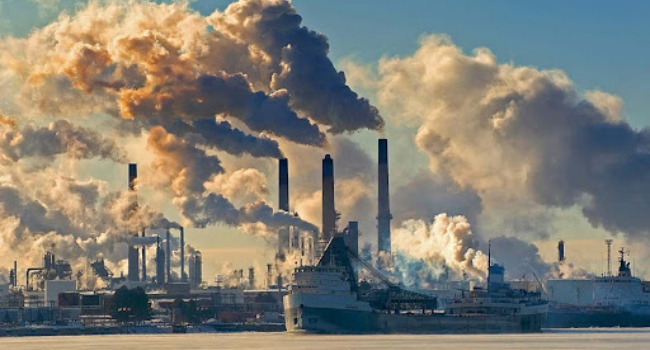A new scientific study has revealed that the wealthiest 10% of the global population are responsible for 66% of all greenhouse gas emissions linked to global warming since 1990. The report, published in Nature Climate Change, underscores the disproportionate role of the ultra-rich in driving extreme climate events through their consumption and investments.
How the Rich Fuel Climate Disasters
The research, conducted by scientists at ETH Zurich, is the first to directly connect carbon emissions from private wealth to real-world climate disasters like heatwaves and droughts.
“We link the carbon footprints of the wealthiest individuals directly to real-world climate impacts,” said lead author Sarah Schoengart in an interview with AFP.
“It’s a shift from carbon accounting toward climate accountability.”
The findings show that the top 1% alone have caused 26 times more once-in-a-century heatwaves and 17 times more Amazon droughts than the global average.
United States and China Lead in Emissions
The wealthiest individuals in the U.S. and China — countries that together produce nearly half of global carbon emissions — are behind a two- to three-fold rise in heat-related climate events, the study found.
The analysis combines economic and climate simulation data to trace emissions from different income groups and quantify their role in escalating climate-enhanced extreme weather.
Notably, the report emphasized that it’s not just about personal consumption: investments and financial portfolios of the rich also contribute massively to their carbon footprints.
“Climate action that doesn’t address the outsized responsibilities of the wealthiest members of society risks missing one of the most powerful levers we have to reduce future harm,” said senior author Carl-Friedrich Schleussner.
Calls for Wealth and Investment-Based Climate Taxes
The researchers advocate for progressive wealth taxes targeting carbon-intensive investments, arguing they are more just than blanket carbon taxes, which tend to disproportionately affect lower-income populations.
While discussions around taxing the ultra-wealthy have gained momentum in recent years, progress remains slow.
- In 2023, Brazil, then hosting the G20, proposed a 2% tax on billionaires, but it failed to gain traction.
- A separate global push for a 15% minimum corporate tax endorsed by nearly 140 countries has also stalled.
According to Oxfam, the richest 1% have accumulated $42 trillion in new wealth in the past decade — more than the bottom 95% of the world combined. Nearly a third of all billionaires reside in the U.S., more than in China, India, and Germany combined.
Channelstv













